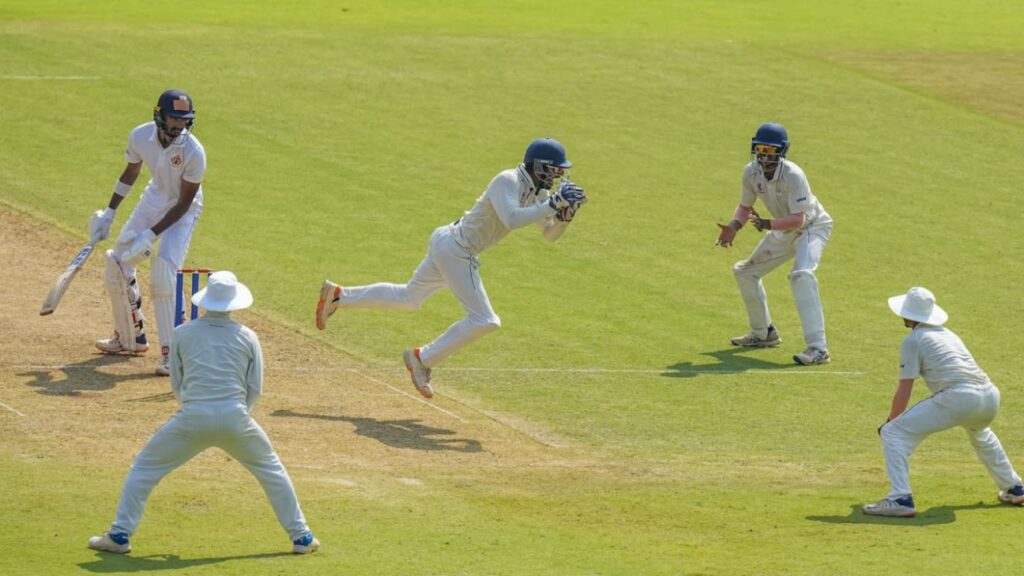Groundbreaking Changes Ahead for Domestic Cricket in India: BCCI Unveils Revamped Ranji Trophy and Duleep Trophy Schedules
In a significant move to fortify the core of domestic cricket in India, the Board of Control for Cricket in India (BCCI) has announced a host of changes to the upcoming 2024-25 domestic season. The decision comes after extensive deliberations between a four-member working group, senior players, and coaches, who had raised concerns over the lack of game time due to weather disruptions in northern India during the winter months.
Revamped Ranji Trophy Schedule
The Ranji Trophy, the premier first-class competition in the country, will now be split into two phases. The tournament will begin in October, with each team playing five league matches over a five-week window before the white-ball competitions commence. The final two group-stage fixtures will be scheduled shortly after the conclusion of the Vijay Hazare Trophy on January 18, followed by the knockout phase from February 8. The Ranji final is set to be held from February 26 to March 2.
In a move aimed at “prioritizing player well-being,” the BCCI has also introduced an extra day’s gap between Ranji Trophy matches, making it a total of four days as opposed to the previous three-day gap. This decision was partly influenced by prominent voices like Shardul Thakur, who had highlighted the need for more recovery and preparation time for the players.
Structural Changes to Duleep Trophy
The senior men’s season-opening Duleep Trophy will undergo a significant structural change. The tournament will no longer be played between zonal teams; instead, it will feature a four-team event with squads selected by the national selectors. This alteration is seen as a way to provide a wider pool of players, including those in the targeted group, with more opportunities ahead of India’s upcoming Test season.
Innovations in the CK Nayudu Trophy
In another notable development, the Under-23 CK Nayudu Trophy, a feeder tournament for the senior state teams, will no longer feature the traditional toss. The visiting team will now have the choice to bat or bowl first, a move aimed at increasing competitiveness and preventing hosts from tailoring pitches to suit their strengths.
Alongside these changes, the BCCI has also introduced a “revamped points system” in the CK Nayudu Trophy, focusing on fostering balanced performances by attributing points for both batting and bowling prowess in the first innings, as well as for securing the first-innings lead or achieving an outright victory.
These comprehensive changes to the domestic cricket structure in India reflect the BCCI’s commitment to enhancing the overall competitiveness, player well-being, and the development of talent within the country’s cricketing ecosystem.
🔗 Source
